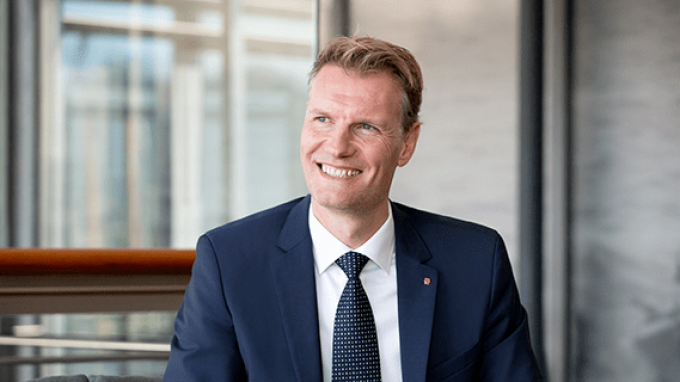CMA CGM South Korean staff strike over bonuses after bumper 2024 profit
CMA CGM’s employees in its South Korea office have gone on strike for increments and ...

Airlines and shipping lines should work together to ensure sufficent prodcution of sustainable fuels.
But, even as speakers at class society DNV’s future fuels conference endorsed LNG as a bridging step, Maersk announced it could achieve net zero emissions 10 years early, by 2040.
Professor Lynn Loo, ...
CMA CGM South Korean staff strike over bonuses after bumper 2024 profit
MSC switches two more Asia-Europe port calls from congested Antwerp
CMA airline returns two freighters, while ANA takeover of NCA looms
Front-loading frenzy has made traditional H2 peak season 'unlikely'
Nightmare for Bangladeshi exporters as congestion and tariffs bite
Tradelanes: Export boom in Indian sub-continent triggers rise in airfreight rates
Carriers introduce surcharges as congestion builds at African ports
Mexican airport modernisation plan unlikely to boost cargo facilities

Comment on this article